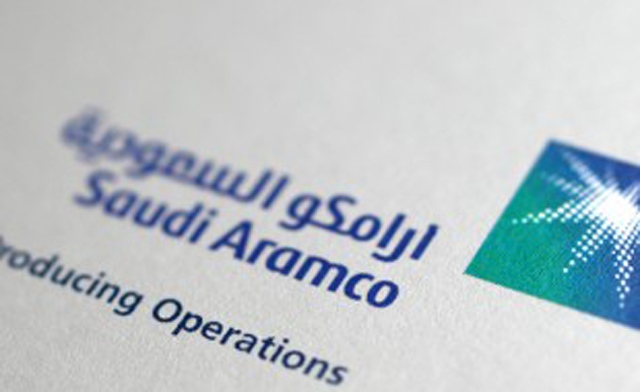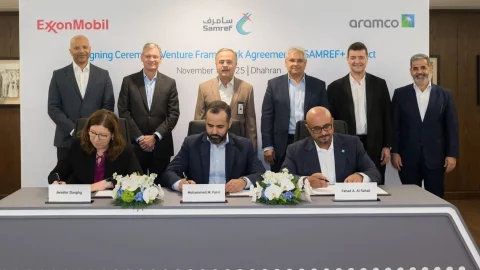Saudi Aramco bought more than 1 million barrels of gasoil for July in the spot market despite new refining capacity, as hot summer weather boosts power demand for airconditioning, industry sources said.
Saudi Aramco Products Trading Company (ATC), a wholly-owned unit of oil producer Saudi Aramco, bought about 1.1 million barrels of gasoil for delivery in July, about 30% less than the company had initially sought.
ATC had sought four cargoes totalling 1.6 million barrels for delivery into Jizan, Dhuba, Jeddah and Ras Tanura.
The company bought the cargoes from Indian and Middle East refiners, including India’s Reliance Industries, one source said.
It likely paid a premium of about $1.70 a barrel above Middle East quotes for some of the gaosil cargoes bought from Reliance, the source added.
ATC could have paid higher premiums of between $2.50 and $2.70 a barrel for other gasoil cargoes, a Singapore-based trader said, although this could not be confirmed.
Saudi Aramco last bought gasoil cargoes for delivery in June from Reliance, BB Energy, Shell and Total at premiums of about $1.70 to $1.90 a barrel above Middle East quotes, sources have said.
Saudi Arabia’s electricity demand usually peaks in summer due to increased use of air conditioning as temperatures soar to as high as 50 degrees Celsius (122°F). Its demand for gasoil for transport also increases during the Muslim fasting month of Ramadan, which is expected to start on June 18 this year.
Saudi Arabia was once a top importer of gasoil during summer, but its imports have fallen after the country added 800,000 b/d of capacity in two new refineries over the past two years.
The country has been burning equal volumes of crude oil and gasoil in its power generation plants this year, but demand is expected to increase for the fuels in the second quarter, an industry source said.
Saudi Arabia’s spot purchase, coupled with refinery plant issues in Bahrain and Kuwait, are expected to push premiums for the oil product higher in the Middle East, industry sources said.
“Peak demand season, high temperatures and the war in Yemen are all contributing to making gasoil supply tight in the Gulf,” one said.
Source: Reuters












